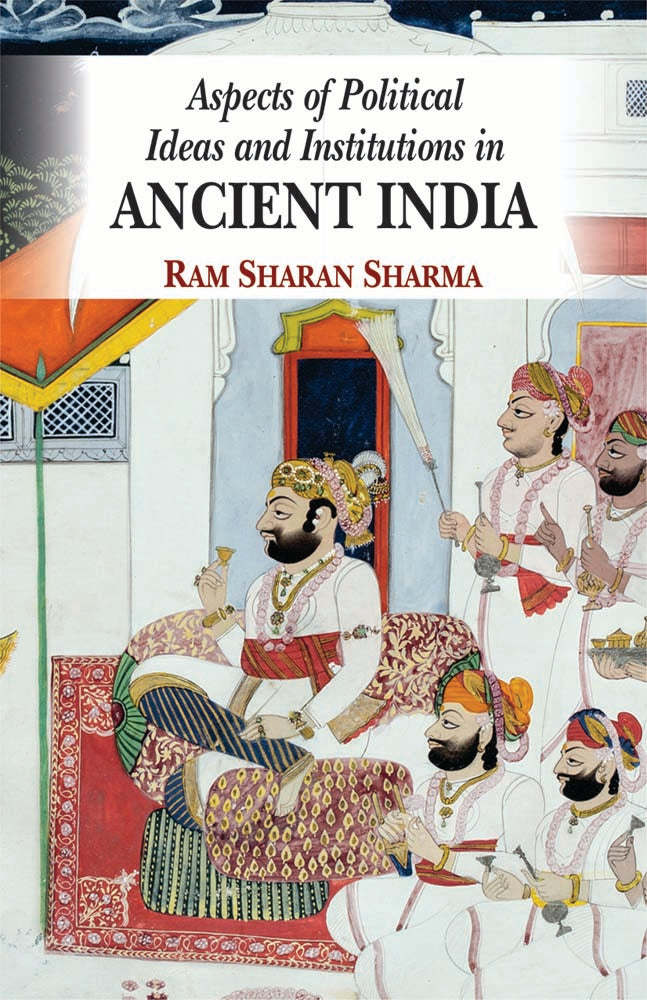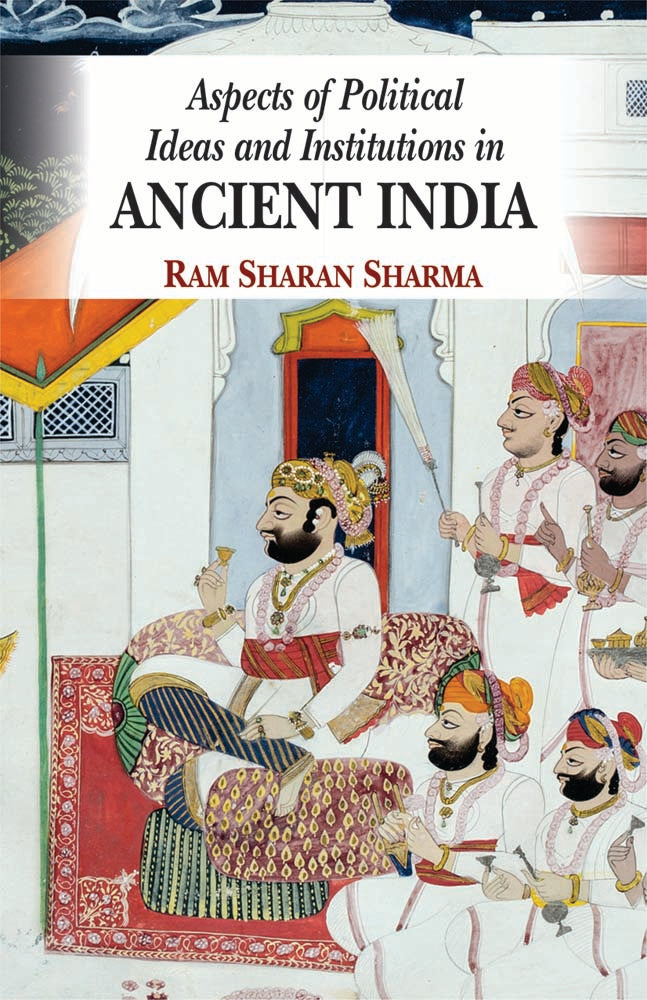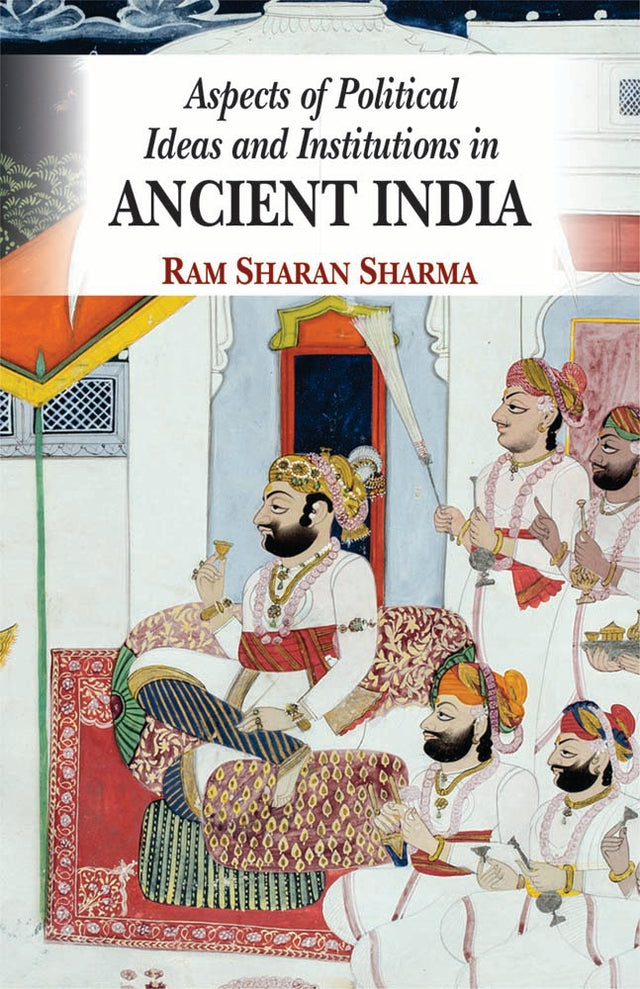Aspects of Political Ideas and Institutions in Ancient India
Aspects of Political Ideas and Institutions in Ancient India - Hardcover is backordered and will ship as soon as it is back in stock.

Aspects of Political Ideas and Institutions in Ancient India - Hardcover is backordered and will ship as soon as it is back in stock.
The present work Aspects of Political Ideas and Institutions in Ancient Indian discusses different views on the origin and nature of the state in ancient India. It also deals with stages and processes of state formation and examines the relevance of caste and kin-based collectivities to the construction of polity. The Vedic assemblies are studied in some detail, and developments in political organisation are presented in relation to their changing social and economic background. The book also shows how religion and rituals were brought in the service of the ruling class.
Arranged in 22 chapters the book discusses-Historiography of Ancient Indian Polity up to 1930, Sources and Method, The Saptanga Theory of the State, Theories of Property, Family and Varna regarding the Origin of the State, The Contract Theory of the Origin of the State, Theory of –Oriental Despotism”, Sabhë and Samiti, Origin of the Post-Vedic Republics, The Early Parisad, Tribal and Primitive Aspects of the Later Vedic Polity, kin-conflicts and Rise of Hierarchy in Later Vedic Times, Changing Position of the King, Taxation and State Formation in Northern India in Pre-Maurya Times, Varna in Relation to Law, Religion and Politics. The Satavahana, Kusana and Gupta Polity, etc.
Review(s)
"This work is well researched and documented, and is especially useful in terms of the historical development of ancient Indian politics. Dr. Sharma's book has a better balance between theory and practice than most books on the subject. There can be no question, however, that this is one of the major publications in the field which no serious student of ancient Indian politics can ignore."-J.W. Spellman
"The revised edition... is clear in exposition, up-to-date in method, and displays remarkable power in handling masses of material. It is by far the best summary of the present state of our knowledge of ancient Indian thought and institutions which is now available; ... This is a first rate book, which is as interesting as it is scholarly."-Times Literary Supplement
"...competently surveys many interesting aspects of the political thought and practice of ancient India on fresh and sometimes strikingly original lines. The author has a thorough grasp of the relevant sources and uses them with telling effect."-Journal of Indian History.
-
Pages
-
Edition
-
Size
-
Condition
-
Language
-
Weight (kg)
-
Publication Year
-
Country of Origin
-
Territorial Rights
-
Reading Age
-
HSN Code
-
Publisher




